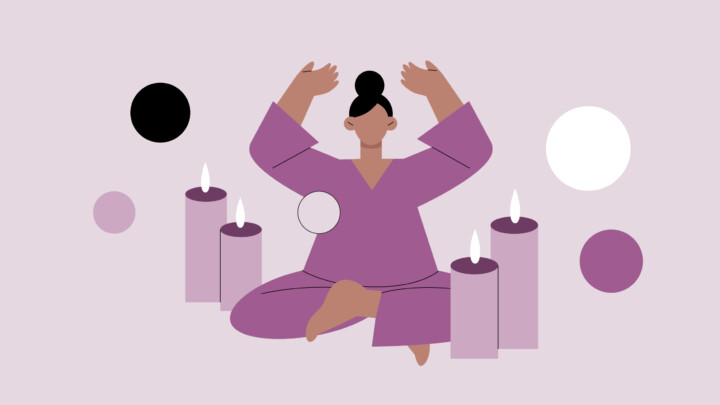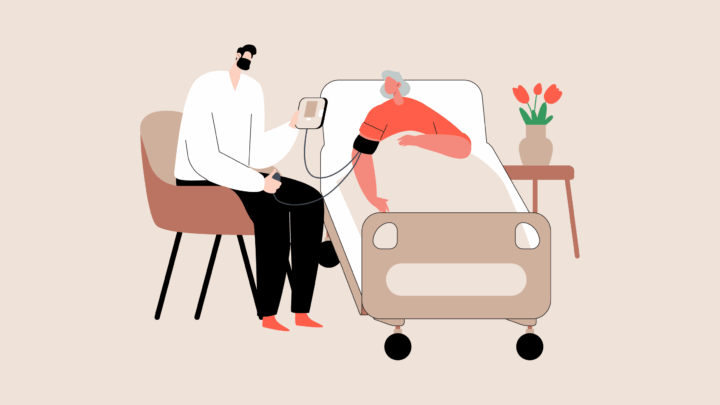
We all know in the abstract that poor posture is bad for us, but did you know that chronic posture problems can actually cause a variety of negative health outcomes? Small changes in your posture can therefore have an equally positive impact on a variety of aspects of your physical health.
Good posture is all about helping your body sit, stand, lie down, and more in the most efficient and comfortable positions. It’s easy to pick up bad habits, especially in the fast pace of modern life, but it can take time to undo those and adopt better ones. In extreme cases, you may even require direct access to physical therapy to unlearn your bad habits. This article will cover the effects of bad posture and help you find ways to fix yours.
What Can Good Posture Do?
Posture is obviously just one of many things that factor into your overall health, but it is often at the root of a number of chronic and difficult conditions. Back pain, for example, is believed to affect roughly 80% of people at some point in their lives, and poor posture is a common cause of different types of chronic pain.
Some of the main benefits of good posture include:
- Reducing the level of wear and tear experienced by the joints in your spine
- Maintaining joints and bones in the proper alignment, thus allowing muscles to fulfill their proper functions
- Decreasing the risk of problems resulting from overused or otherwise strained muscles
- Experiencing lower levels of fatigue as a result of more efficient muscle use
- Lowering the amount of stress placed on the ligaments responsible for connecting spinal joints
Although good posture shouldn’t be viewed as a cure-all for any pain or health condition in your back, it is often the easiest and least invasive way to reduce or completely remove symptoms.
Research has shown that good posture is linked to a variety of both physical and mental health benefits including reduced stress, increased confidence, and improved lung capacity. Improving your posture requires adopting new habits and teaching your body to be comfortable in a more ergonomic position.
The Elements of Good Posture
Now that you know the potential benefits you can experience as a result of improving your posture, you can start taking steps to change your habits and make yourself more comfortable. The most common positions in which you can make helpful adjustments to your positioning are laying and sitting down, which likely account for more than half of your life and can therefore have a significant effect.
When seated, your shoulders should be against the chair, allowing your back to rest straight without slouching. Your feet should be lightly resting flatly against the floor rather than crossed. You should also take breaks at least twice every hour to give your body a chance to relax.
If you typically sleep on your stomach, it may be worth switching to your side or back. This is especially true if your mattress is relatively soft, as it may not be giving you the support you need. Along with sitting and sleeping, you should also try to adopt good posture if you do other common strenuous activities such as driving or lifting.
The benefits of good posture are often greater than expected, and you may have picked up bad habits without even realizing the damage they can do. Adopting these rules for good posture will take some of the unnecessary strain off your back and likely reduce or completely eliminate back pain and other symptoms.
Guest post by Rae Steinbach. Rae is a graduate of Tufts University with a combined International Relations and Chinese degree. After spending time living and working abroad in China, she returned to NYC to pursue her career and continue curating quality content. Rae is passionate about travel, food, and writing, of course. You can follow her at @araesininthesun














